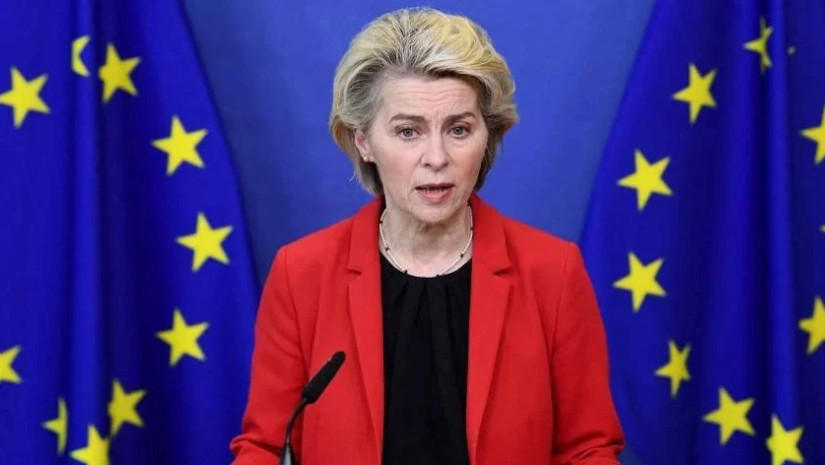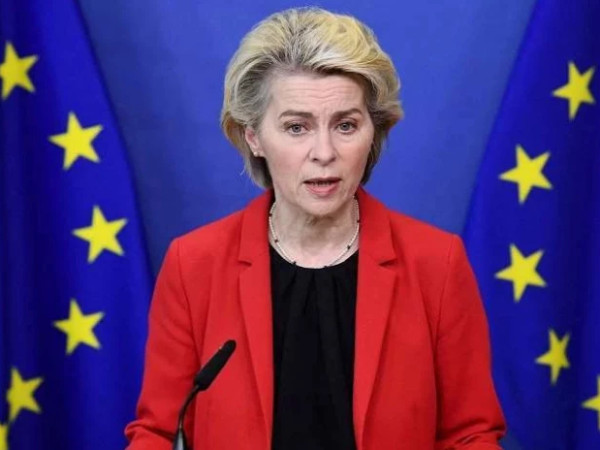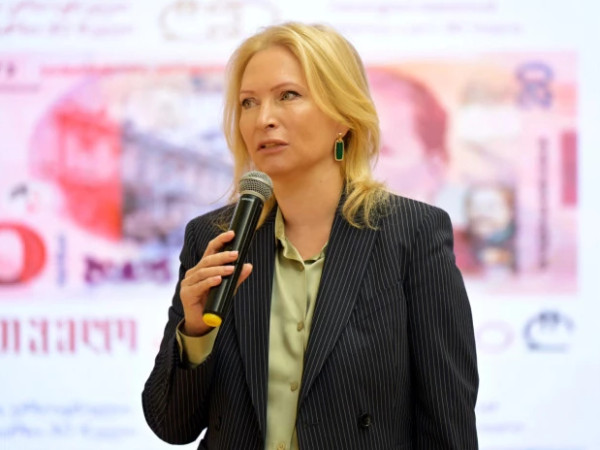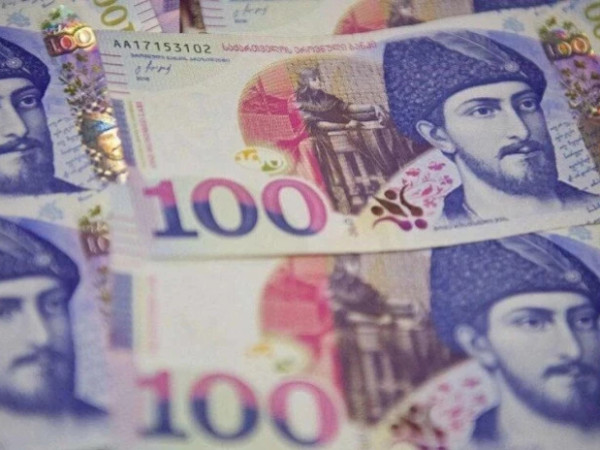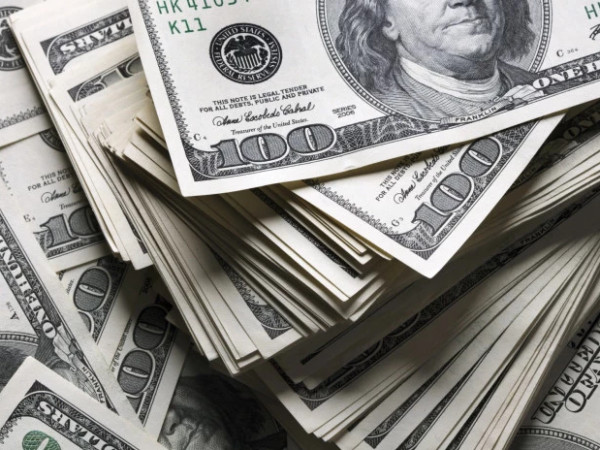European Commission President Ursula von der Leyen, after discussing the issue with US President Donald Trump at the UN General Assembly, emphasized that the EU will increase pressure on Russia by banning the import of Russian liquefied natural gas and targeting oil refineries, oil traders, and related facilities in third countries.
She stated that the EU will impose tariffs on Russian oil imports to compel Hungary and Slovakia to switch to non-Russian oil sources. However, Hungary insists it will continue buying Russian oil despite requests from Trump. Foreign Minister Péter Szijjártó explained this by citing the country’s “geographical limitations”, as it is landlocked.
Meanwhile, the White House head believes that the Hungarian Prime Minister, Viktor Orban, will change his mind about importing Russian oil if they speak directly.
At the same time, Budapest and Belgrade (Serbia) could face shortages of Russian gas, as Bulgaria plans to end its Russian gas transit contract in 2026. Prime Minister Rosen Zhelyazkov noted that by 2028, Russian gas will be completely phased out from Bulgaria’s energy market. All natural gas consumption in Bulgaria will then rely solely on imported liquefied gas from other sources.







